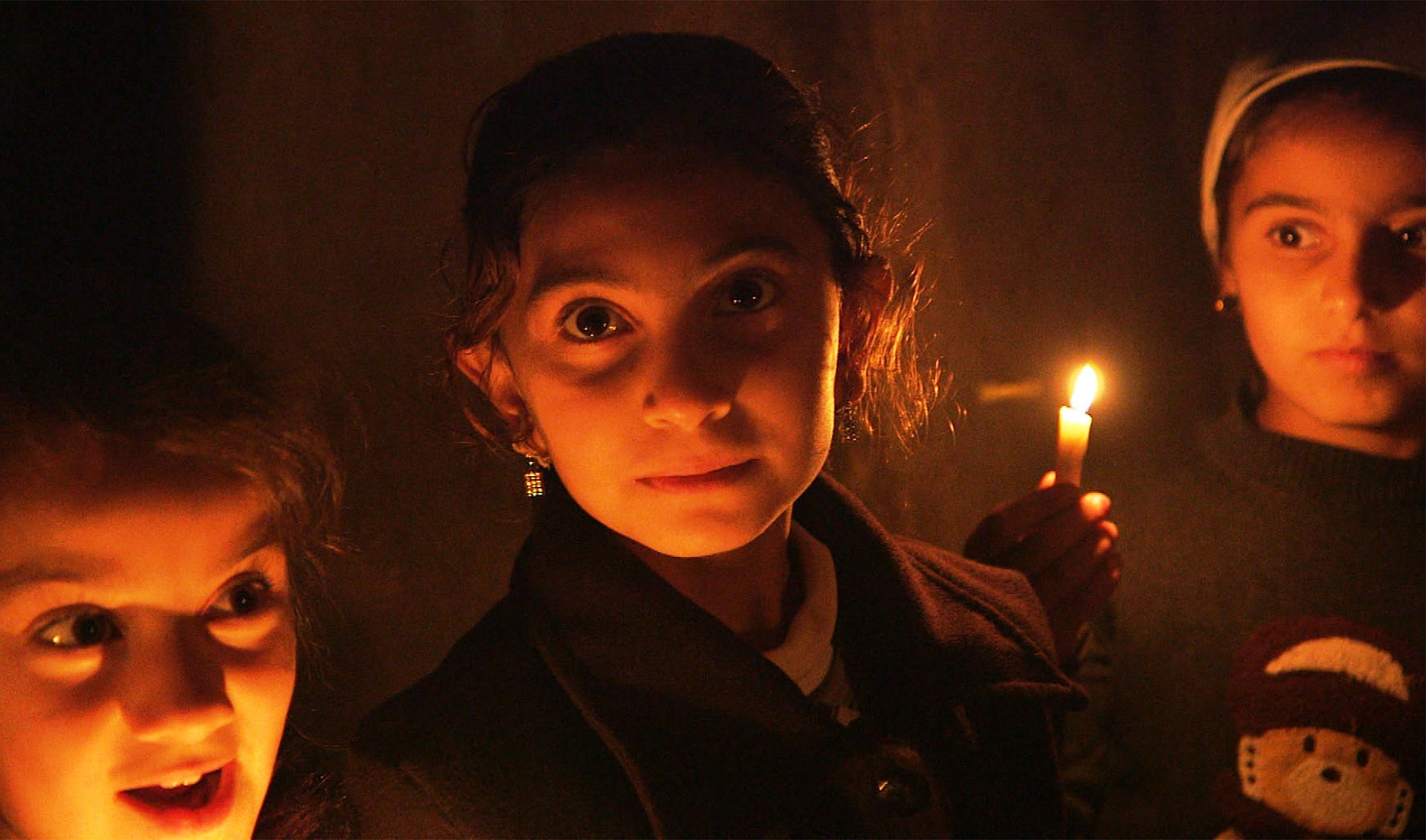Dispatches: Escape From Isis, TV review: Atrocities don't end when the cameras stop
The Channel 4 programme showed Yazidi women and children escaping from Isis-held territory in northern Iraq with the help of an activist cell

Such is the public interest in the workings of the so-called Islamic State that I'd already seen footage from Dispatches: Escape From Isis splashed across national news websites before watching. The video released showed 34 Yazidi women and children escaping from Isis-held territory in northern Iraq with the help of an activist cell. Films like this are important as they show us the story beyond those headlines – that clip was just the tip of the iceberg.
There are now four million women living under Isis and 3000 were captured in one attack on Mount Sinjar last August. Local lawyer Khaleel ‘s network has been working to release them since – over 500 hundred and counting - and this was the first time that their work had been seen. Their operation was rudimentary; relying on smartphones, accounts from former captives and unpaid, brave volunteers.
The often grainy covert footage of their rescue missions was supplemented with interviews with former captives and women living in Raqqa (Isis’s self-declared capital). At one point we saw the view of one from behind her veil, giving an insight into living under Isis – and under gowns, gloves and three veils so not even eyes are on show. We heard from severely traumatised victims. One girl told of being gang-raped by 12 men. “I wake at 3am, smelling them,” she said. “Their smell makes me brush my teeth more than ten times a day to get rid of their taste. It will stay with me forever.”
The rescue of the 34 was a great moment to witness. But as we watched Khaleel’s contact walk back into Isis territory, crossing carpets of purple and yellow flowers whose brightness belied the dark horror within its boundaries, we remembered the point of this programme: these atrocities must stay in our minds as, like with the girls abducted by Boko Haram in Nigeria, the stories don’t end when the cameras stop.
Join our commenting forum
Join thought-provoking conversations, follow other Independent readers and see their replies
Comments